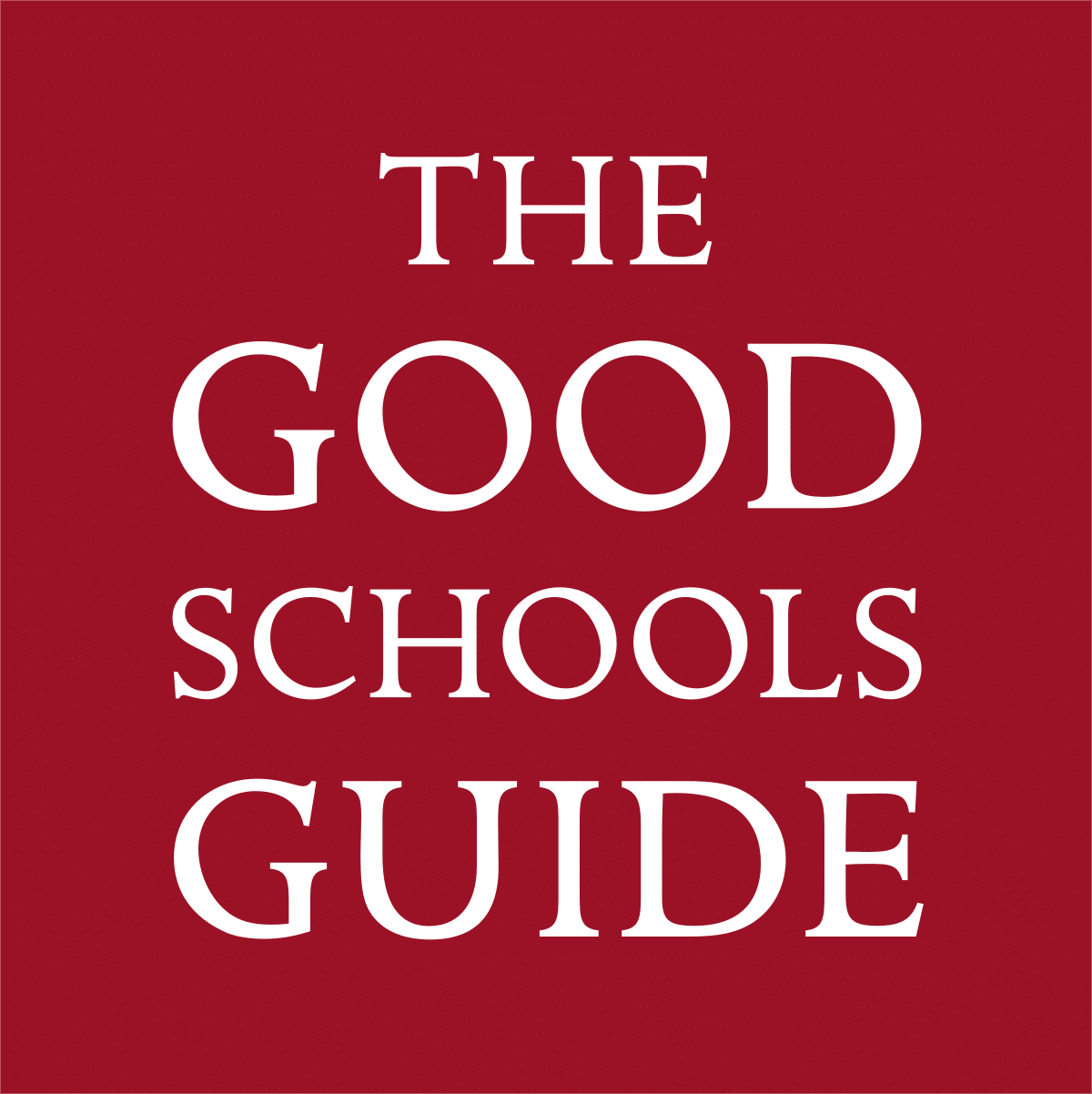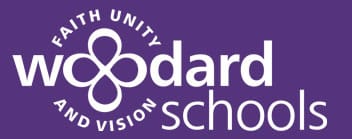Electives
All Lower Sixth pupils are enrolled in the elective programme – an innovative and exciting feature of our Sixth Form provision.
These electives sit alongside the established Extended Project Qualification (EPQ) and are variously designed to:
- support learning
- secure UCAS tariff points
- develop new skills and competencies
- extend the breadth of pupils’ thinking
Two 60-minute periods a week are dedicated to the Elective programme and pupils will be expected to complete TWO from the following:
- Extended Project Qualification (EPQ)
- A long-course (21-week) elective
- A series of short-course (seven-week) electives
Extended Project Qualification (EPQ)
Designed to be fully driven by the pupils themselves, the EPQ encourages a more mature, self-directed approach to learning:
- Pupils select their own topic of study and conduct independent research to support their final submission.
- This final submission can take the form of a 5000-word written report or an artefact, such as a film, play script, lecture, exhibition or a piece of art.
- Upon completion of the EPQ, pupils present their projects to their peers and complete a reflective piece on their learning journey.
The EPQ is highly regarded by pupils, as it consolidates research and presentation skills. Additionally, it strengthens Sixth Form pupils’ UCAS applications and, in some cases, may result in reduced university offers.
This qualification sets pupils apart from their peers, equipping them for university-level study and improving their prospects of achieving a higher award in their undergraduate degree.
Long-Course Electives (21 lessons):
Beginners’ Latin
Mr C. Carroll
This course offers a foundation in Classical Latin, opening up the mysteries behind ancient stories and the lives of those who lived in places such as Pompeii. Pupils will begin to understand Latin grammar and vocabulary, while also uncovering the cultural context of the Roman world. No experience necessary and digital language support is provided to access materials.
LAMDA Musical Theatre
Mrs R. Seale
Participants explore characterisation through monologues or duologues, which are performed in character and act as an introduction to their songs. They will also deepen their understanding of the history of musical theatre by performing songs from a range of eras, and by researching the work and influence of one of its composers or lyricists.
- LAMDA Grades 6, 7 and 8 earn UCAS tariff points and potentially lead to reduced University offers.
(This elective course will be recharged.)
LAMDA Speaking Verse and Prose
Mrs R. Seale
Participants develop the skills necessary for effective oral communication of the written word. Learners will develop interpretive skills, technical skills and knowledge of literature.
- LAMDA Grades 6, 7 and 8 earn UCAS tariff points and potentially lead to reduced University offers.
(This elective course will be recharged.)
Short-Course Electives (7 lessons):
An Introduction to British Sign Language
Miss C. O’Kelly
Learn the basics of the British Sign Language course.
- Can count towards Gold Duke of Edinburgh Award (skills).
An Introduction to Women in the Ancient World
Mr C. Carroll
Using contemporary sources, this course will explore the lives and representations of women in the ancient world – from mythological figures and young women in the home to priestesses, female warriors, powerful rulers, and those considered socially “improper” or dangerous.
Ancient Egypt
Dr K. Thomson
This course explores ancient Egypt’s geography, rulers, gods, afterlife beliefs, pyramids, hieroglyphics, art, and famous pharaohs including Hatshepsut, Rameses, Tutankhamun, Cleopatra.
Basic Arabic
Dr K. Thomson
This course introduces the alphabet, vowels, numerals, and key grammar points alongside practical language for greetings, introductions, directions, and everyday interactions. Learners also explore cultural context, including the Arab world, dialects, and the Islamic calendar, while developing skills in reading, writing, listening and translation.
Comparative Battles
Mr B. Collins
Pupils will consider two of World War II’s most famous battles, Operation Overlord (D-Day) and Operation Market Garden (Arnhem), focussing on the airborne assaults and considering why one failed and one was a success.
The Banned Book
Mr P. Medhurst
This course looks at the concept of censorship, examining the ethics around literature and authority. We will explore why books have been seized from shelves and removed from public libraries and whether this is ever justifiable. Among the texts we will consider are Ray Bradbury’s “Fahrenheit 451” (1954), Maya Angelou’s “I Know Why the Caged Bird Sings” (1969) and Bret Easton Ellis’s “American Psycho” (1991).
Pupils will be exposed to the provocative and controversial, discussing issues surrounding, homosexuality, race, antisemitism and feminism.
Women and Art
Mr A. Robson
An exploration of Western Art, examining how women have been depicted in their roles as creators and the reasons why they have been largely excluded from the traditional narrative of art history.
World Cinema
Mr P. Medhurst
An introduction into the masterpieces of world cinema with films from Germany, Italy, Japan Poland, Russia and the USA, including “Metropolis” by Fritz Lang, De Sica’s “Bicycle Thieves” and “Citizen Kane”, Orson Welles’ 1941 movie.
SIXTH FORM











